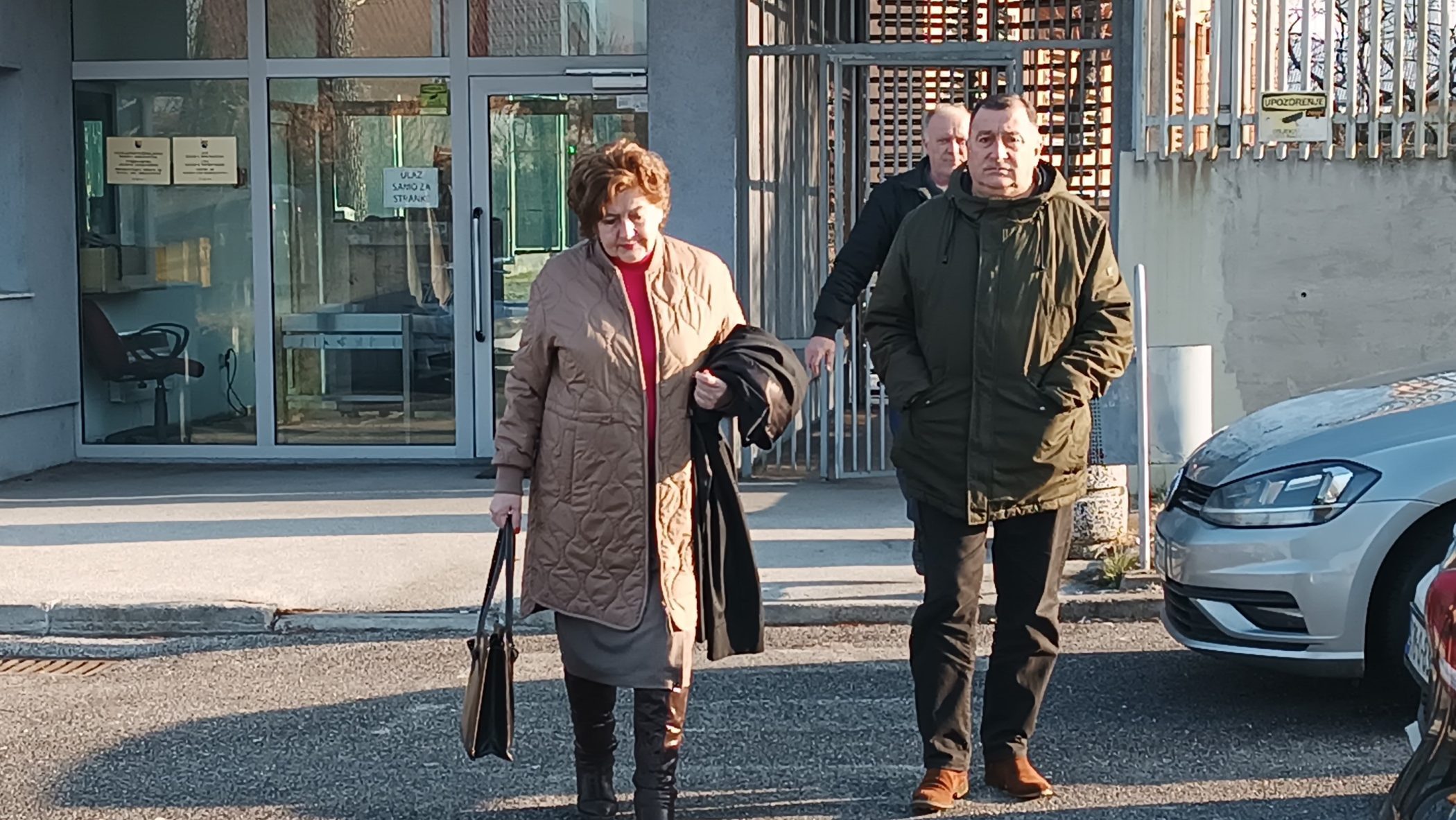This post is also available in: Bosnian
“The Prosecution of Bosnia and Herzegovina had enough time to identify the direct perpetrators of the execution committed in the ‘Barutni magacin’ building. The Prosecution cannot deal with its failure, so it transfers responsibility to Ratko Bundalo without evidence,” said Drazen Zubak, Defence attorney of the indictee.
The indictee personally prepared his closing arguments, but, due to poor health, the arguments were read out by Defence attorney Zubak.
“Grujo Lalovic told me that the SDS armed Serbs in Kalinovik in October 1991. On this occasion I discussed the issue of social values with my colleague. I respected those values during the war in Bosnia and Herzegovina, because I could not change just like that and develop animosity towards someone because of his ethnicity. I respected people by their human values,” Bundalo was quoted as saying.
Referring to the allegations that he joined with other people, such as Grujo Lalovic and Bosko Govedarica, Bundalo said that they “did not share the same mentality, sociological structure or ideology”.
“The values I respected were a subject of their depreciation and sarcasm. They were nationalists. They hated Bosniaks. For instance, the celebration of the Serb New Year, which contained nationalistic elements, was unbearable to me. They had long beards and hair… you could see all other things from old movies presenting the Chetnik movement,” the indictee said in his closing arguments.
The Prosecution of Bosnia and Herzegovina charges Bundalo, Nedjo Zeljaja and Djordjislav Askraba with crimes against humanity committed in Kalinovik Municipality. The indictment alleges that Bundalo was Commander of Kalinovik Tactical Group, Zeljaja was Commander of the Public Safety Station in Kalinovik and Askraba was Commander of Guards in “Barutni magacin” (“Gunpowder Depot”) detention camp.
The State Prosecution charges the three men with having been deliberate participants in a joint criminal enterprise, together with Grujo Lalovic, former President of the executive authorities in Kalinovik Municipality, Bosko Govedarica, former Chief of the Public Safety Station in Kalinovik and other members of the Wartime and Crisis Committee and military, police and paramilitary units of “the Serb armed forces”.
Bundalo said he had met indictee Zeljaja three times, adding that they had not discussed any military operations. He said he did not know indictee Askraba at the time.
“I am convinced that the Trial Chamber cares about finding the truth, despite the fact that the trial has been going on for nearly two years and the persons who issued orders and executed them have still not been identified. People in Kalinovik know the truth. I am an innocent man. I expect you to release me,” Bundalo said.
The Defence of Nedjo Zeljaja began presenting its closing arguments at this hearing. Defence attorney Vesna Tupajic-Skiljevic said that the evidence presented by the State Prosecution eliminated the grounds for the indictment, and she insisted that “the indictee’s criminal responsibility has not been proved”.
“The State Prosecution has not proved that Nedjo Zeljaja was a deliberate participant in a joint criminal enterprise and that he had an intention to commit the crime. The indictee was not informed which type of joint criminal enterprise he committed, so he was not able to defend himself,” Tupajic-Skiljevic said.
The Defence considers that the Prosecution did not present evidence pertaining to the Wartime and Crisis Committee of Kalinovik Municipality, adding that mentioning members of the Army and police as participants in a joint criminal enterprise “leads to collective and not individual responsibility for the crime”.
The Defence is due to continue presenting its closing arguments on December 3.

